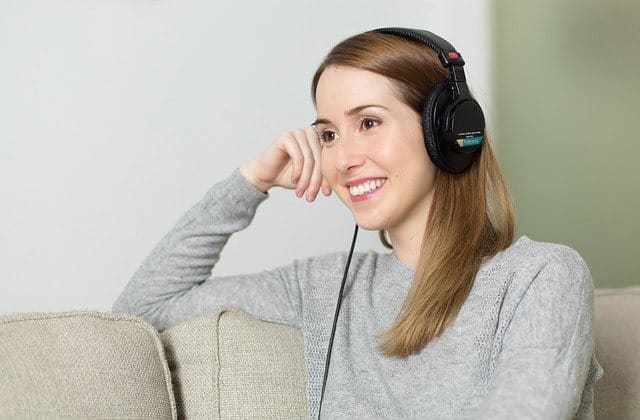Video Remote Interpreting for Good

There is no denying that masks help slow the spread of coronavirus. However, masks also pose a barrier to communication for people who are deaf or hard of hearing. The healthcare industry often offers video remote interpreting to make communication easier, which is critical in light of the ongoing Covid-19 crisis. State governments too have been working on implementing their own version of video remote interpreting services. Taken together, the interest in virtual interpreting services represents a significant improvement.
Video Remote Interpreting and Reopening
As states gradually open up, there are going to be moments where remote interpreting services might not be readily available. For that reason, a new way of overcoming old obstacles is necessary. Some employers provide captioning phones and telephone interpreting, but that is certainly not the norm. Often problems that cannot be solved by phone interpreter services can be aided by video remote interpreting. Frequently, people are able to rely on family members or friends. What happens when loved ones are unable to help?
Video Remote Interpreting and the Deaf Community
For instance, masks not only obstruct sound but the ability to read lips. The further away one is from a speaker with a mask, the harder it is to hear and understand them. In emergency situations, that might be a problem. Masks with clear windows or clear face shields make it easier for lip reading, though not everyone can read lips. People could learn a handful of phrases in American Sign Language or fingerspelling. These small gestures which would go a long way to help people who are deaf or hard of hearing.
The problems faced by the deaf and hard of hearing community face can be solved by proactive video remote interpreting. Advances in assistive technology, such as captioning and speech-to-text or signing apps on smartphones, help a lot of people across the board. While various online chat programs, such as Zoom or Microsoft Teams, might allow for meetings to run smoothly, each platform handles it differently and not all are as successful.
Overall, instead of talking louder, we need to communicate smarter. Communication capabilities vary, as there is such a wide-ranging spectrum of levels and types of deafness throughout the deaf community. Video remote interpreting needs to grow as an industry, so it is visible across a wide range of scenarios. When that is true, the small actions of individuals will follow.
About Language Connections:
Language Connections is one of the top language service companies in the US. Over the last 30 years, we’ve focused on providing the best business translation services, interpreting services, as well as interpreter training and customized language training programs. In addition to top-tier corporate language training, we offer certified corporate interpreters and professional business translation services in 200+ languages. Our network includes linguists with backgrounds in all major industries. They’re ready to meet your needs, whether they’re for technical translation services, legal translation, government translation services, international development translation services, education translation services, life sciences translation, or something else. Reach out to us today for a free quote on our cost-efficient and timely translation services, interpreters, or other linguistic services.
Language Connections Inc.
2001 Beacon Street, Suite 105,
Boston, MA 02135
Phone: +1-617-731-3510
Email: service@languageconnections.com







